When Dr Kiran Martin was awarded a Doctor of Laws Honoris Causa by the University of Melbourne for inspiring hope and driving change, she dedicated it to the slum dwellers of New Delhi.
“They taught me the meaning of resilience, the value of hope, and the power of community,” she said at the convocation. “Their courage has changed me, and their dreams will continue to change the world. They are the true heroes of (my) story.”
It was a walk into their world as a young student, that changed Dr Kiran Martin’s life, and that of over a million people she touched.
Kiran recalls the day her path was set – a moment of reckoning during her medical training at Maulana Azad Medical College.
“I often found myself drawn to the slums that bordered the campus,” Kiran recounts to Indian Link. “I vividly remember one particular day when I was sitting with a mother whose child was gravely ill with cholera. The child lay limp in her arms, and the mother’s tear-filled eyes pleaded for help. The stench of overflowing drains, the sight of children scavenging through garbage, and the palpable despair in the air painted a grim picture of a world forgotten by society.”
It was then that Kiran realised the depth of suffering these communities endured—not just from illness but from the systemic injustices of poverty, gender inequality, and lack of access to basic services. Dr Kiran Martin
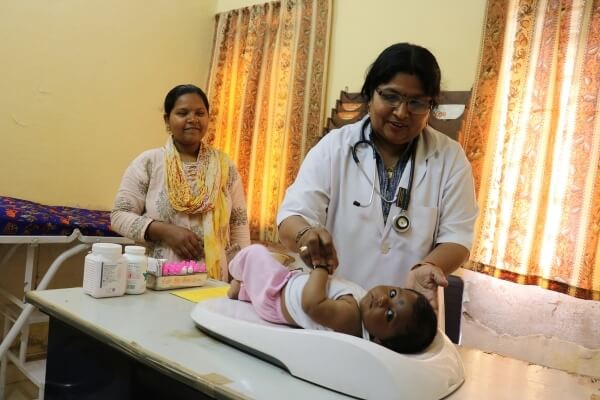
After acquiring a medical degree with a specialisation in paediatrics, Kiran began her journey in Ambedkar Basti, treating patients under a tree during a cholera epidemic.
Her medical training provided her with the tools to heal, but it also taught her that health issues were deeply interconnected with education, sanitation, and economic opportunity. Recognising that medicine alone could not address these systemic challenges, she envisioned a comprehensive model of development that would empower communities to take charge of their destinies.
“This marked the beginning of what would eventually become the Asha Model of Development—a holistic approach that integrates healthcare with education, financial inclusion, women’s empowerment, and community infrastructure,” Kiran says, adding, “I realised that real transformation could only happen when the community itself became the driver of change, empowered to rewrite its narrative of progress and dignity.”
From 1988 on, Asha’s impact in the society has been enormous. For instance, infant mortality rates in Asha slums are 11 per 1,000 live births compared to India’s 28.3 national average, as per a University of Melbourne blog post.
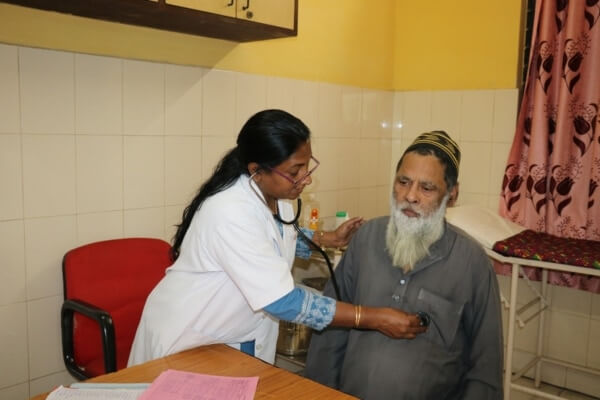
Significant achievements
For her service, Kiran was honoured with the Padma Shri in 2002. She doesn’t list it as one of her proudest accomplishments, though.
“One of our greatest achievements is the success of our Higher Education Programme,” she describes. “Witnessing students, especially girls, from some of the most underprivileged communities not only gaining admission to top universities in India but also excelling at prestigious global institutions like the University of Melbourne, Sydney and Queensland, fills me with immense pride. These students, many of whom are the first in their families to receive formal education, are now role models in their communities, breaking barriers of gender and economic disparity.”
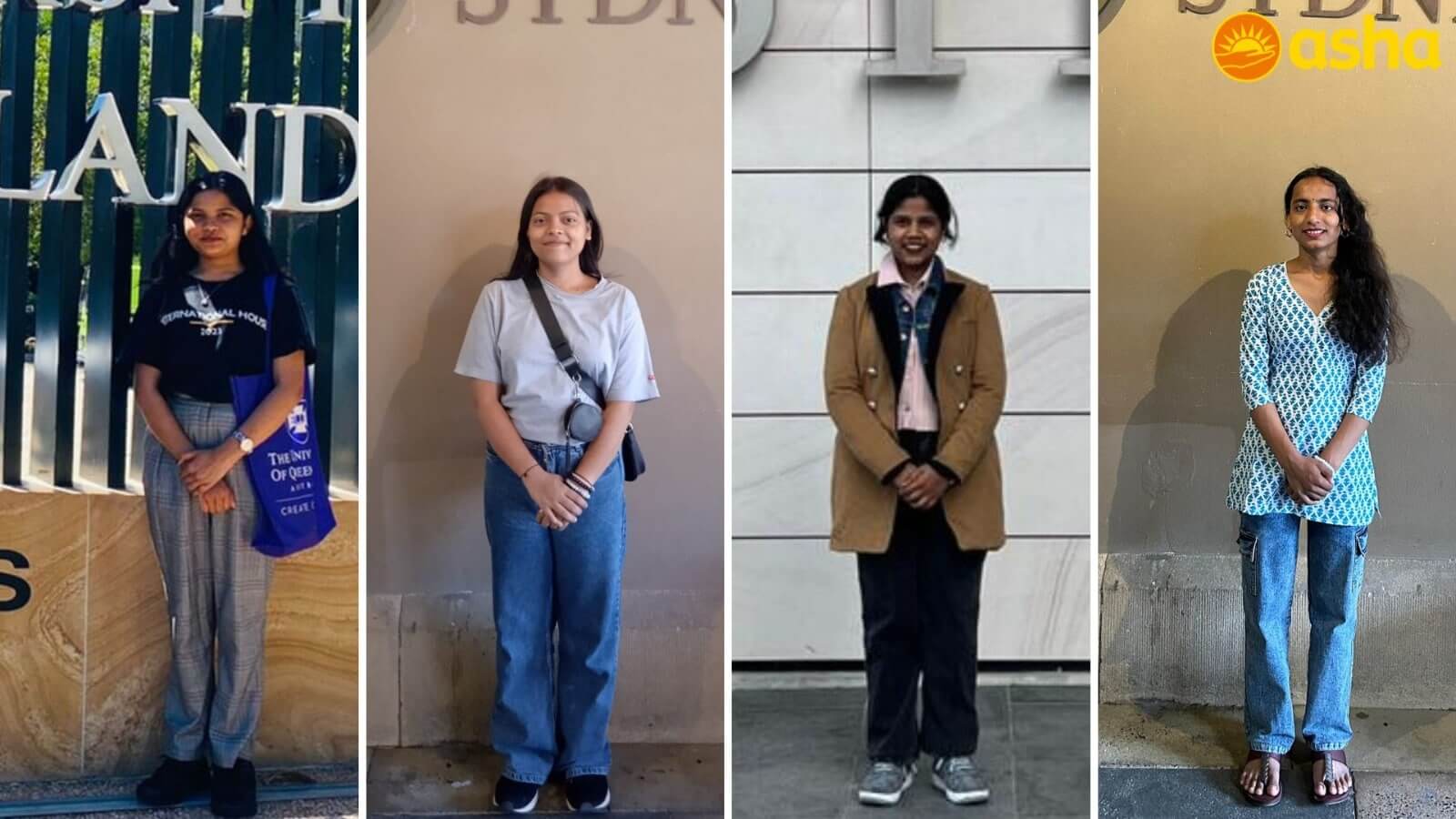
Equally remarkable is the impact of Asha’s healthcare initiatives. “The fact that we have achieved nearly 100% institutional deliveries in the slums we work in, along with eliminating maternal deaths in the past five years, is a testament to our effective, community-driven healthcare model.”
Ashas’s trained Community Health Volunteers (CHVs), who are often women from the slum communities themselves, have played a critical role in achieving these milestones.
International collaborations
Being awarded an honorary Doctor of Laws by the Melbourne Univ is profound and humbling, Kiran reveals.
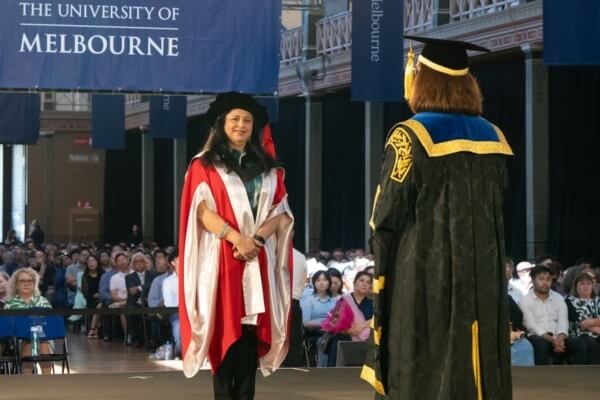
“This recognition is not the culmination of a journey but the beginning of a new chapter. It reignites my commitment to serving the vulnerable and marginalised, to building bridges of hope, and to proving, again and again, that no dream is too big when nurtured by belief and opportunity.”
Kiran was previously conferred with the Doctor of Letters Honoris Causa by the University of Sydney in 2023.
What do these international recognitions mean for Asha’s mission?
“These recognitions are a rallying cry that underscores the global significance of Asha’s work,” Kiran shares. “They amplify the voices of those living in Delhi’s slums, bringing their struggles and triumphs to the attention of the world. They validate the groundbreaking, community-based model Asha has pioneered, showcasing it as a beacon of sustainable transformation in urban poverty.”
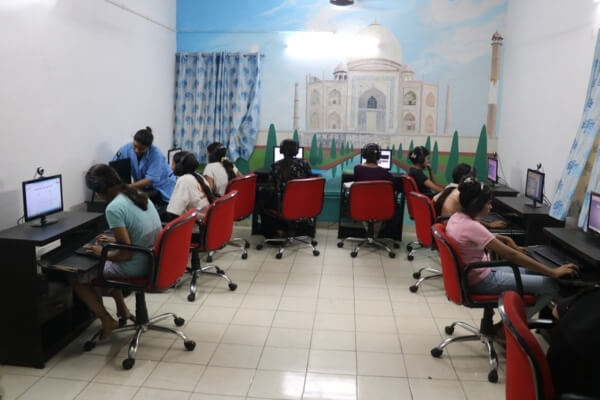
Asha has forged collaborations with the University of Melbourne, the University of Sydney and the University of Queensland in Australia; through these partnerships, its students gain access to globally recognised academic programs and cutting-edge facilities.
“The scholarships offered by these universities alleviate the financial burdens that have long been a barrier for students from underserved communities. This enables them to focus on their education and aspirations without the weight of economic constraints holding them back. It is deeply moving to witness how these opportunities are changing the trajectory of their lives.”
But the role of these institutions goes beyond academics, she points out. “They are nurturing leaders, changemakers, and role models who will return to their communities with the power to inspire.” Dr Kiran Martin
To future leaders
To those young leaders who aspire to transform society, Kiran advises to remember that the foundation of true leadership begins with empathy and compassion.
“Change doesn’t start with grand strategies or extensive plans; it starts with listening. Immerse yourself in the realities of the communities you wish to serve,” she simply shares. “Understand their struggles, fears, and aspirations. Let their voices shape your vision and inspire your actions. Empathy is not just a quality—it is the driving force that will keep your efforts grounded and relevant.” Dr Kiran Martin
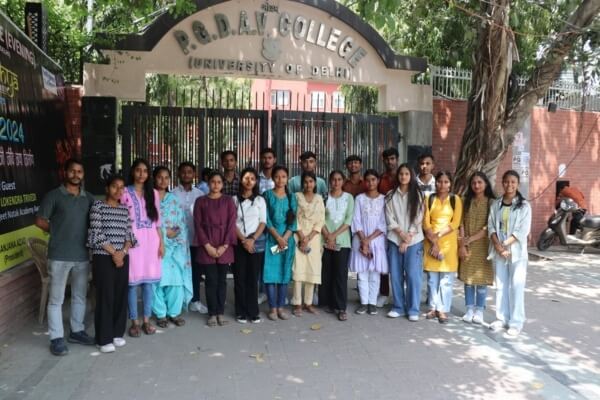
Most importantly, dare to take risks. “True social change requires stepping out of your comfort zone and venturing into the unknown,” she adds. “Be willing to challenge the status quo, even when it feels daunting. The most innovative solutions often come from those who are unafraid to explore uncharted territory.”
Looking back, that moment with the mother and her child was more than just a call to action for Kiran – it was a moment of clarity that defined her life’s mission.
“It reinforced my belief that every life, no matter how disadvantaged, deserves hope, justice, and the opportunity to thrive. Today, as I walk through the slums where Asha works, the love and trust I receive from the community affirm that this journey—though fraught with challenges—was the right one to take.”
Read Also: From a Delhi slum to Sydney Uni



